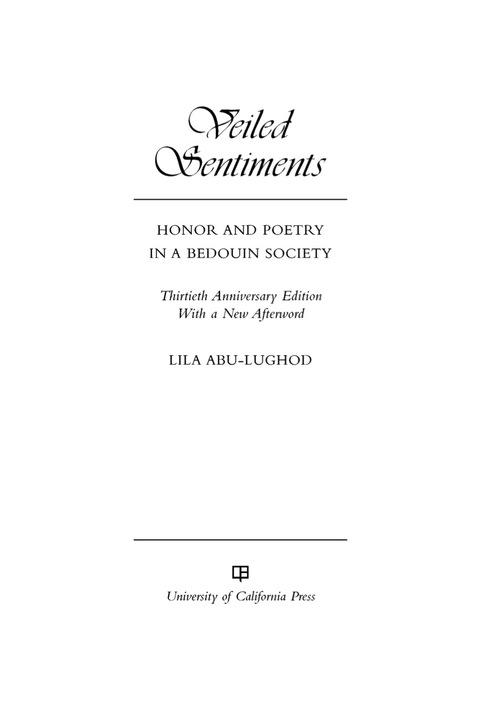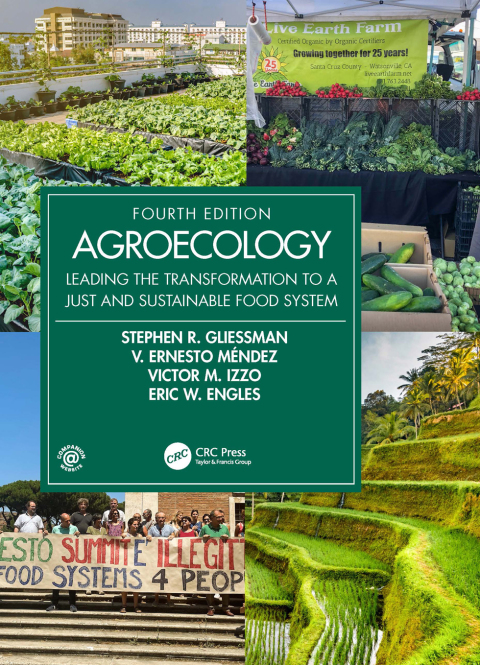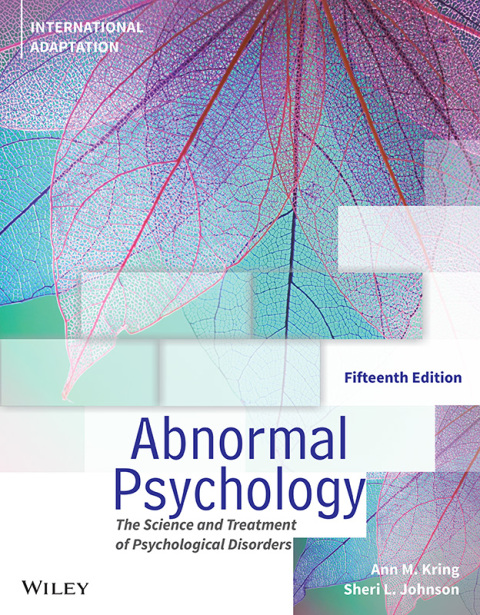Description
Efnisyfirlit
- Contents
- Acknowledgments
- A Note on Transcriptions
- ONE: Guest and Daughter
- The Community
- Fieldwork
- Poetry and Sentiment
- PART ONE: The Ideology of Bedouin Social Life
- TWO: Identity in Relationship
- Aṣl: The Blood of Ancestry
- Garāba: The Blood of Relationship
- Maternal Ties and a Common Life
- Identification and Sharing
- Identity in a Changing World
- THREE: Honor and the Virtues of Autonomy
- Autonomy and Hierarchy
- The Family Model of Hierarchy
- Honor: The Moral Basis of Hierarchy
- Limits on Power
- Ḥasham: Honor of the Weak
- FOUR: Modesty, Gender, and Sexuality
- Gender Ideology and Hierarchy
- The Social Value of Male and Female
- The “Natural” Bases of Female Moral Inferiority
- Red Belts and Black Veils: The Symbolism of Gender and Sexuality
- Sexuality and the Social Order
- Ḥasham Reconsidered: Deference and the Denial of Sexuality
- The Meaning of Veiling
- PART TWO: Discourses on Sentiment
- FIVE: The Poetry of Personal Life
- On Poetry in Context
- The Poetry of Self and Sentiment
- SIX: Honor and Poetic Vulnerability
- Discourses on Loss
- Matters of Pride
- Responding to Death
- The Discourse of Honor
- SEVEN: Modesty and the Poetry of Love
- Discourses on Love
- Star–Crossed Lovers
- An Arranged Marriage
- Marriage, Divorce, and Polygyny
- EIGHT: Ideology and the Politics of Sentiment
- The Social Contexts of Discourse
- Protective Veils of Form
- The Meaning of Poetry
- The Politics of Sentiment
- Ideology and Experience
- Ethnography’s Values: An Afterword
- Appendix: Formulas and Themes of the Ghinnāwa
- Notes
- Bibliography
- Index
- A
- B
- C
- D
- E
- F
- G
- H
- I
- J
- K
- L
- M
- N
- O
- P
- Q
- R
- S
- T
- V
- W
- Y
- Z






Reviews
There are no reviews yet.